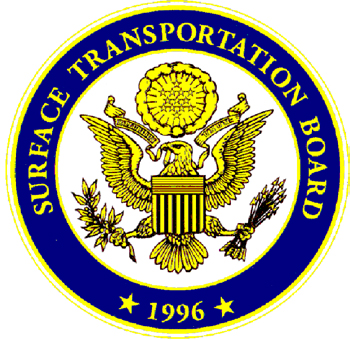Specifically, the Board proposes to include chemical and plastics traffic as a distinct reporting category to the Class I railroads’ weekly reporting of the “cars-held” metric, which tracks the average number of loaded and empty railcars that have not moved for 48 hours or longer. This decision grants, in part, a petition filed by the American Chemistry Council.
Class I railroads are required to report, on a weekly or in some instances, monthly, basis, certain railroad service performance metrics, which are made publicly available on the agency’s website. The data facilitates the Board’s monitoring of service conditions on the freight rail network in support of the agency’s oversight of rail service. Additionally, the data gives shippers, railroads, and other stakeholders greater insight for making their commercial and logistics decisions. The data has been particularly helpful to the Board in responding to periodic service challenges, such as those following major, recent operating plan changes by certain Class I carriers.
The Board believes that reporting of this data for chemical and plastics traffic would give the agency and stakeholders better visibility into the fluidity of this traffic segment. With this data, both the Board and its stakeholders would be better positioned to detect and mitigate emerging service issues affecting chemicals and plastics shipments.
Comments to the proposed rule are due by Dec. 6, and replies are due by Jan. 6, 2020.
The original news release is available online.
— From a Surface Transportation Board news release. Oct. 1, 2019














